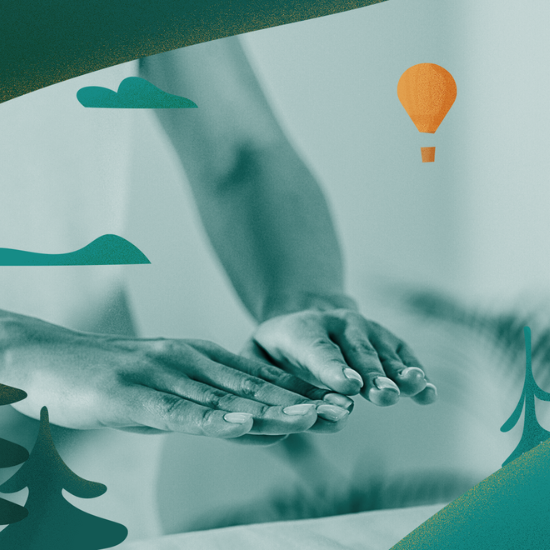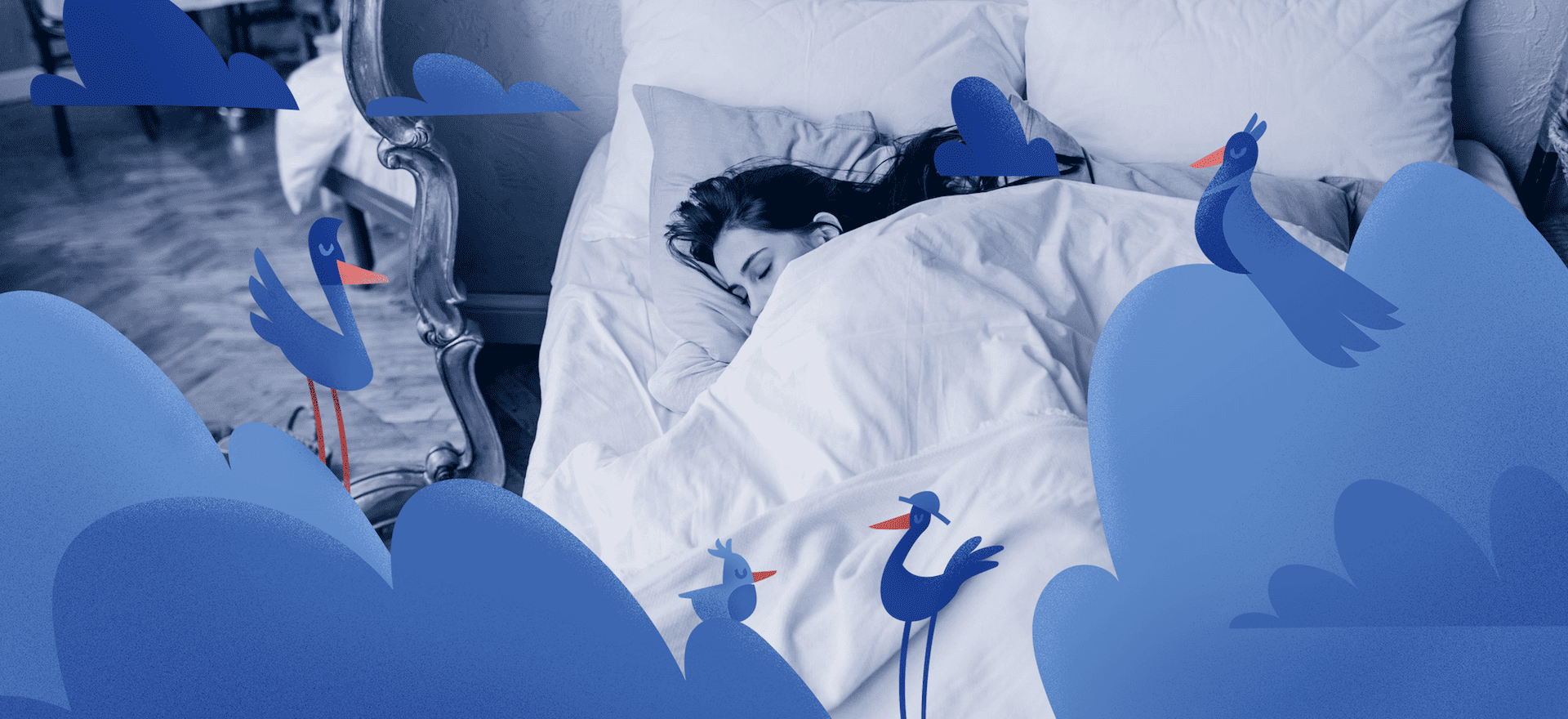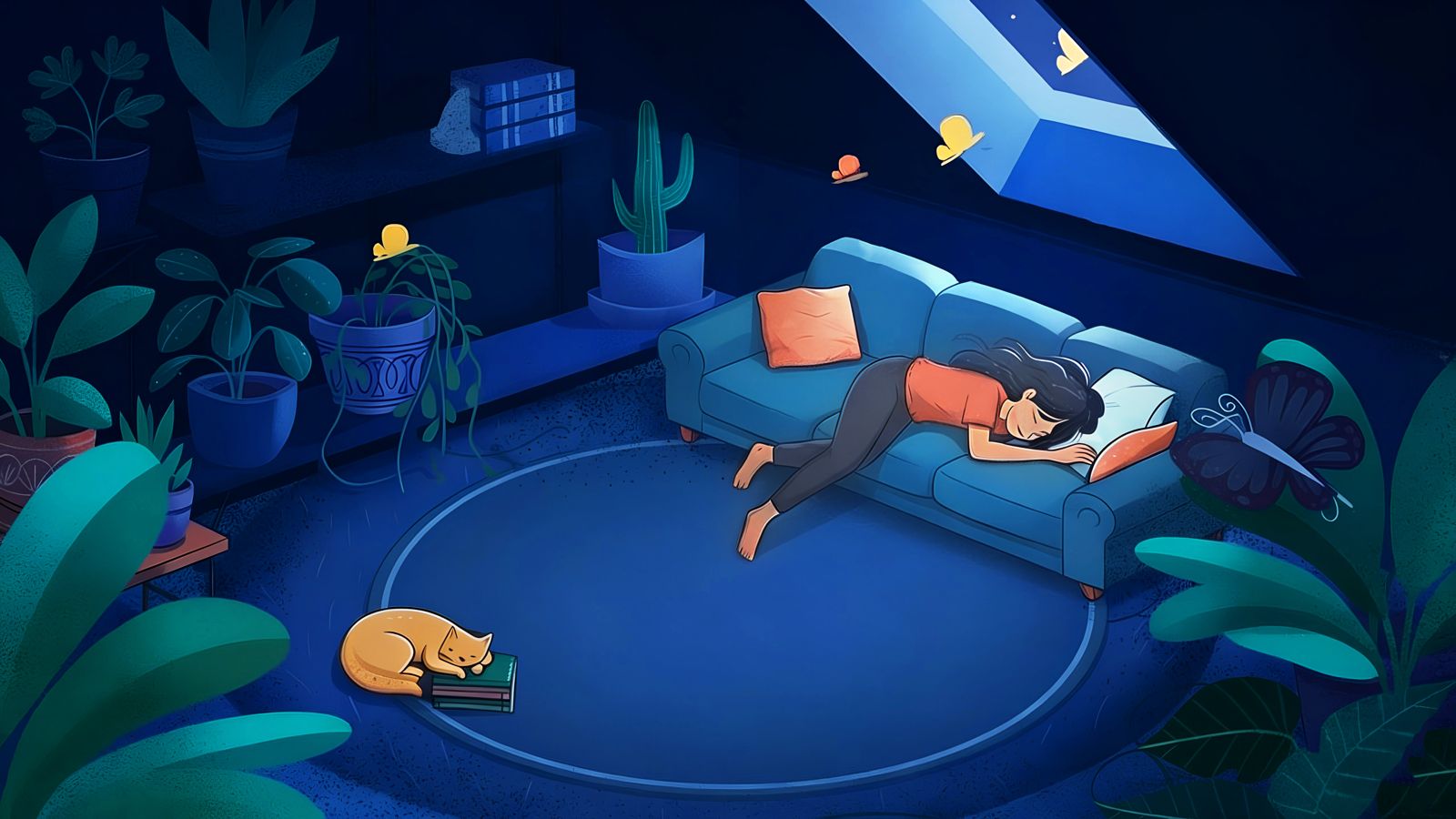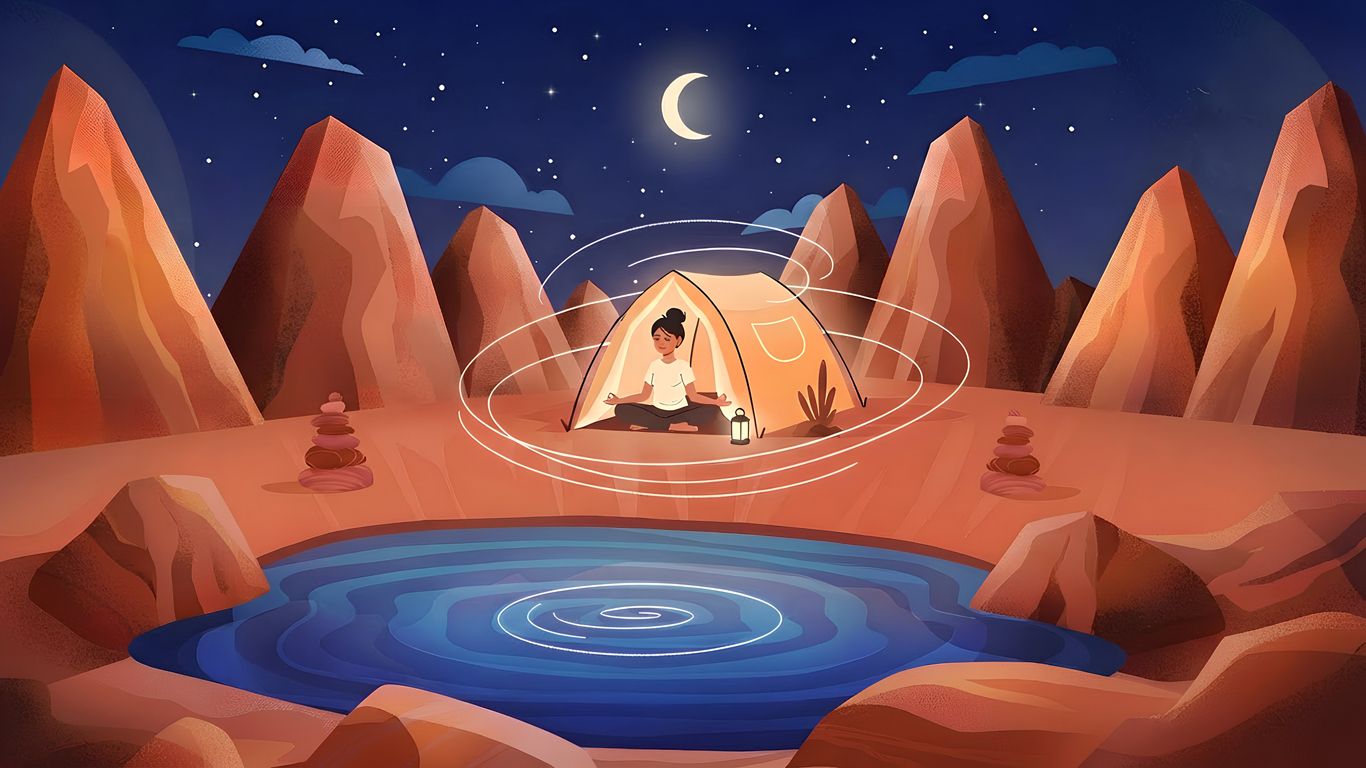
Reiki Meditation
For most of history, Japanese traditional medicine has been considered outside the mainstream of scientific medicine. However, during the past few decades, there has been a growing interest in its techniques and practices, particularly in the field of stress reduction and relaxation.
Reiki, a form of hands-on meditation, is one of the most popular alternative practices today. Reiki philosophy believes that humans have natural healing abilities that can be disrupted by stress or other negative emotions. Although scientific proof doesn't exist yet, some studies suggest Reiki could possibly help alleviate certain health issues.
This article will explore the history and theory of Reiki, its potential benefits and risks, and how you can begin practicing Reiki meditation.
What is Reiki?
Reiki (pronounced "RAY-key") is a form of energy healing that originated in Japan. A man named Mikao Usui is said to have developed it in the early 1900s after having a spiritual experience on Mount Kurama. Usui fasted and meditated for 21 days, during which time he had a vision in which he saw symbols that he later believed to have healing power.
Since then, Reiki has been passed down through several different teachers. In fact, Reiki can only be learned from a certified Reiki master, as this is said to be necessary in order to attune the student's energy field to that of the master.
Today, millions of people around the world practice Reiki, and it is said to be one of the most popular forms of alternative medicine. Across hospices, hospitals, and cancer centers, Reiki is now offered as a complementary therapy to help people relax and reduce stress.
How Does Reiki Work?
During a Reiki session, the practitioner will place their hands on or just above the client's body in a series of specific hand positions. These positions are typically along the head, chest, stomach, and back, although the practitioner may also place their hands on other areas if they feel it is necessary.
The practitioner will then focus their energy and intention on helping the client to relax and heal. The whole process usually takes 60-90 minutes. There is no specific clothing required for Reiki, but it is generally recommended that the client wear loose, comfortable clothing.
In recent years, distant reiki has become increasingly popular, particularly in the online world. This is where the practitioner performs Reiki on someone who is not physically present. According to distant Reiki enthusiasts, energy is not bound by time or space, and so healing can still be effective even when the practitioner and client are not in the same room.
Reiki can also be done at home with self-treatment, and many people learn how to do this after taking a Reiki course. Toward the end of this piece, we will discuss how you can get started with Reiki meditation. But first, let's take a closer look at the benefits and risks associated with this therapy.


Benefits of Reiki Meditation
1. Reduces stress and promotes relaxation: One of the most well-established benefits of Reiki is its ability to reduce stress and promote relaxation. In fact, this is one of the main reasons why it is offered in hospices and hospitals.
2. Boosts the immune system: There is some evidence that Reiki can help to boost the immune system. Chronic stress is known to suppress the immune system, so Reiki may help to reduce the risk of illness by reducing stress levels.
3. Reduces pain: Reiki energy has also been shown to help reduce pain and anxiety in adults. Despite the small pool of research, a review of the available evidence found that Reiki may be helpful for managing pain.
Risks Associated with Reiki Meditation
Reiki is generally considered to be a safe practice, with few reported side effects. However, as with any therapy, there are some risks associated with Reiki that should be considered.
1. There is a lack of scientific evidence: Although Reiki has shown some promising results in small studies, there is still not enough scientific evidence to support its efficacy. Until more research is conducted, we cannot say for sure that Reiki is an effective treatment method.
2. It may not be suitable for everyone: Reiki should not be used in place of conventional medical care. If you are pregnant, have a pacemaker, or suffer from epilepsy or other serious medical conditions, you should speak to your doctor before trying Reiki.
3. It may not be covered by insurance: As Reiki is considered to be an alternative or complementary therapy, it is often not covered by health insurance. This means that you may have to pay for treatments out of pocket, which can be costly.
Reiki for Sleep
Reiki has also been studied as a possible treatment for insomnia and other sleep problems.
A recent study explored the benefits of Reiki in improving the sleep quality of hospital nurses. The study found that those who received Reiki treatments slept better and longer, and had fewer nightmares.
Another study that targeted university students with high anxiety levels and depression showed that Reiki improved overall mood, which was still evident and even significantly better at the five-week follow-up mark.
When conducted with other forms of relaxation, Reiki can be an excellent way to wind down at the end of the day and promote a restful night's sleep.
Getting Started with Reiki: Self-Treatment
The best way to learn Reiki is to take a course with a qualified instructor. However, if you would like to try it at home, here's a step-by-step self-treatment procedure:
1. Find a comfortable place to sit or lie down. You may want to play some calming music in the background. BetterSleep has a wide collection of soothing sleep music to choose from, including calm meditation music and nature sounds.
2. Place your hands in your lap, palms up.
3. Take a few deep breaths and focus on your breath. As the music plays in the background, allow your mind to wander and focus on any thoughts or emotions that come up. Then, gently release them and be in the present moment.
4. Once you have reached a state of relaxation, begin by placing your hands on your head. You can move them down your face, over your chest, and down your arms. Spend a few minutes on each area.
5. Finally, move to your stomach. Place your hands on your stomach and massage the area in a clockwise direction. Your solar plexus, which is located just below your rib cage, is a particularly important area to focus on.
6. When you're finished, take a few deep breaths and relax for a few minutes. Allow your entire body to rest and don't jump to another activity immediately.
There is no specific amount of time required for a self-Reiki treatment, but most people recommend spending at least 5-10 minutes on each position. There are also several guided meditations online that you can follow.
Final Thoughts
Reiki meditation has grown to be a popular relaxation technique that is said to offer a variety of health benefits. Although more research is needed to confirm its efficacy, Reiki is generally considered to be a safe practice with few reported side effects.
It is important to remember that Reiki is not a replacement for conventional medical care. If you have any concerns, be sure to speak with your doctor.
While research on Reiki for sleep is still in its early stages, the available evidence suggests that it may be a helpful complementary treatment for those who struggle with winding down and getting rest.



















